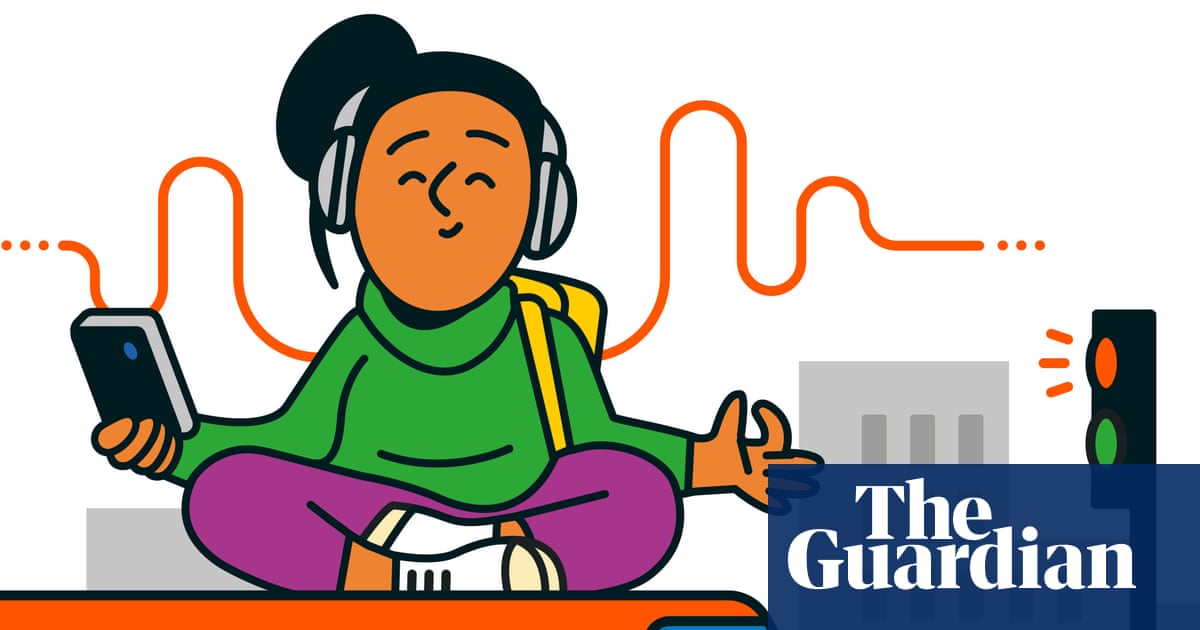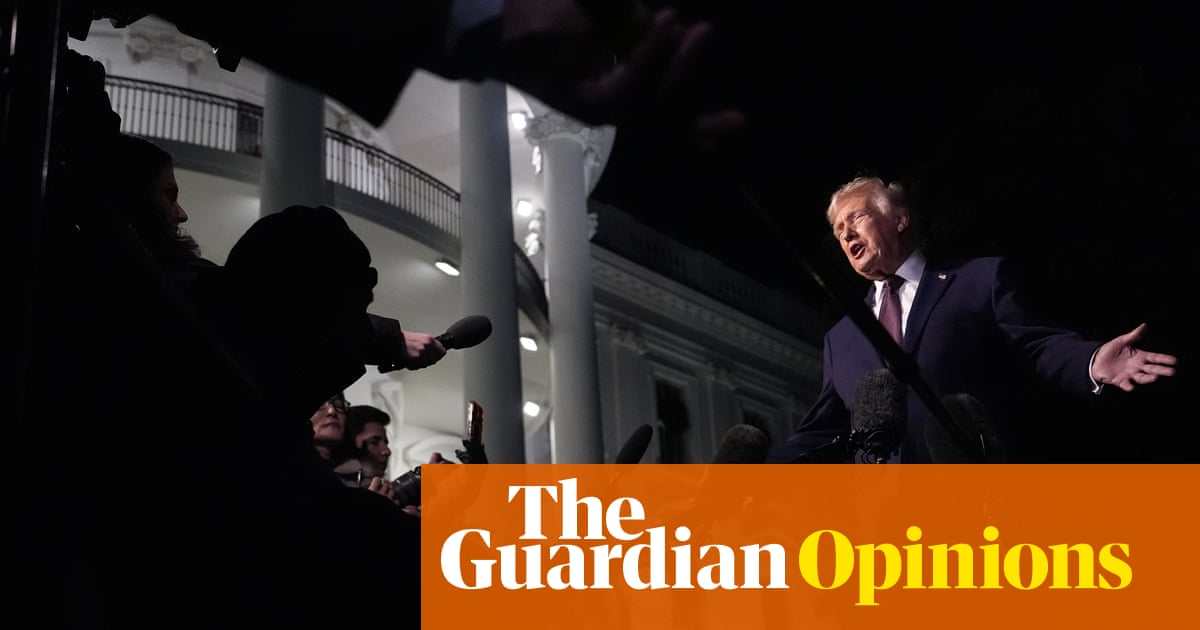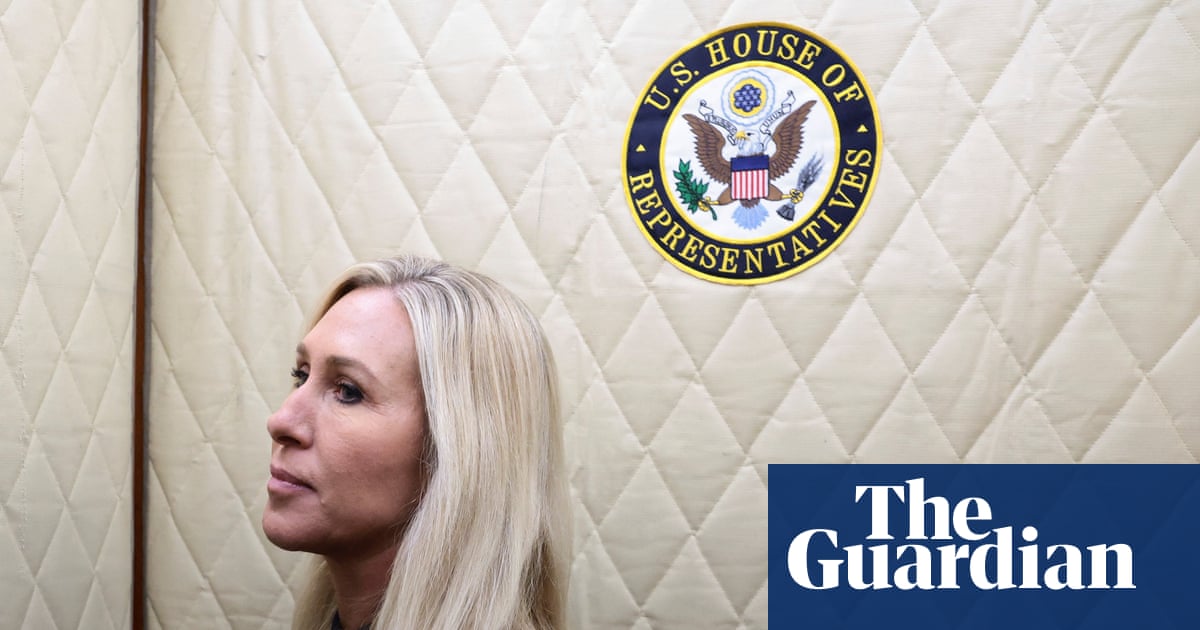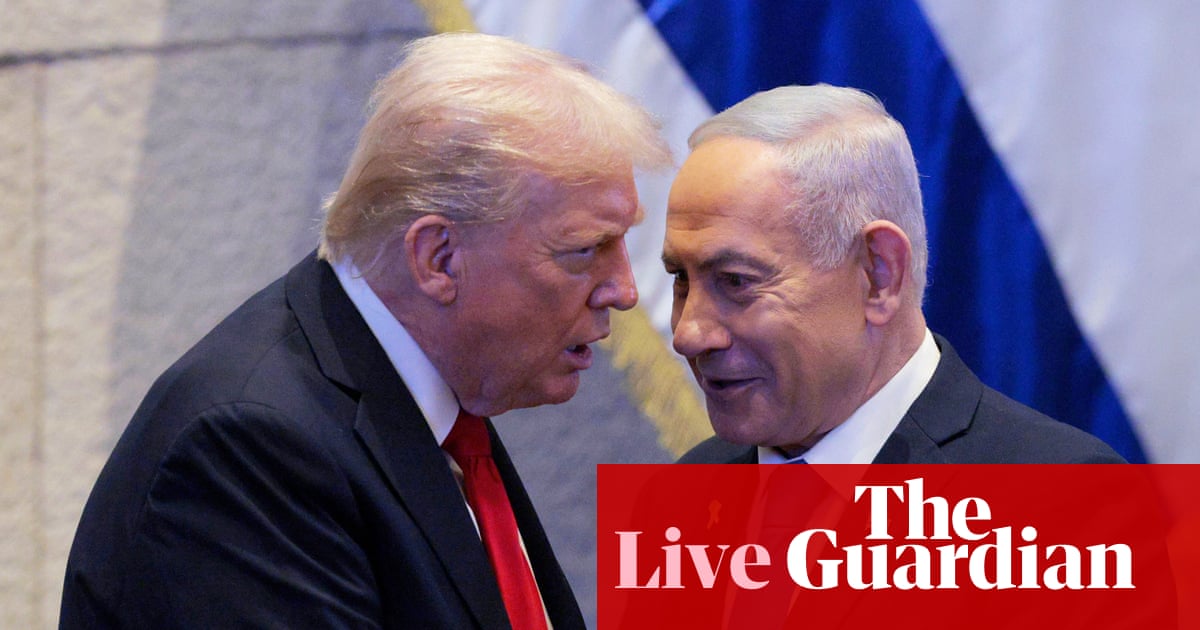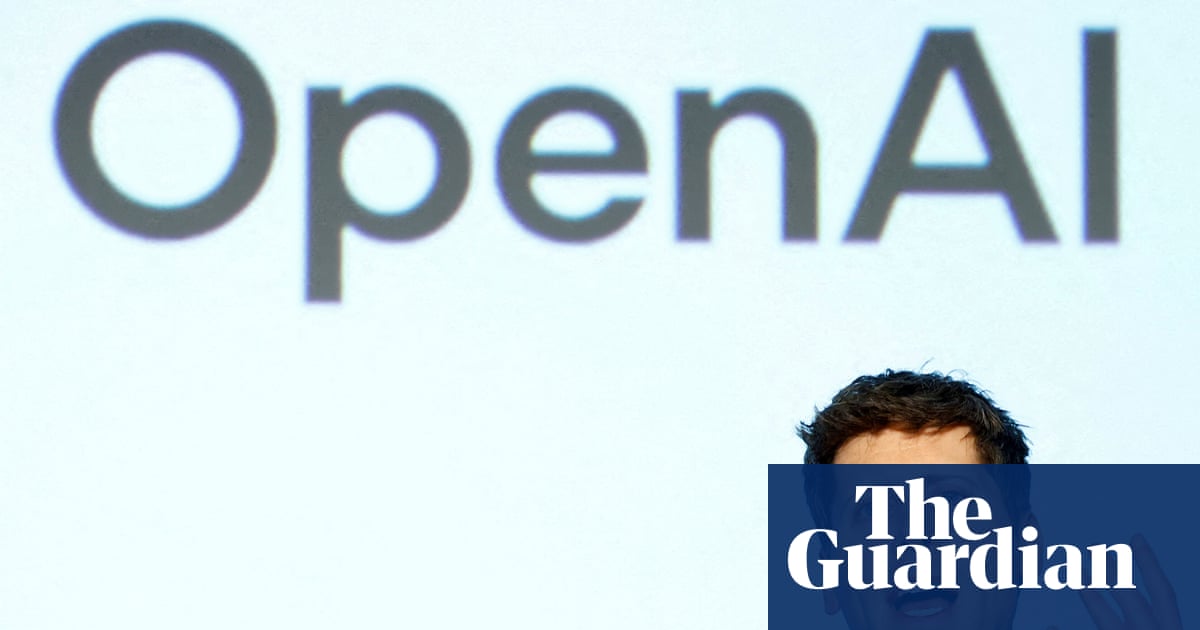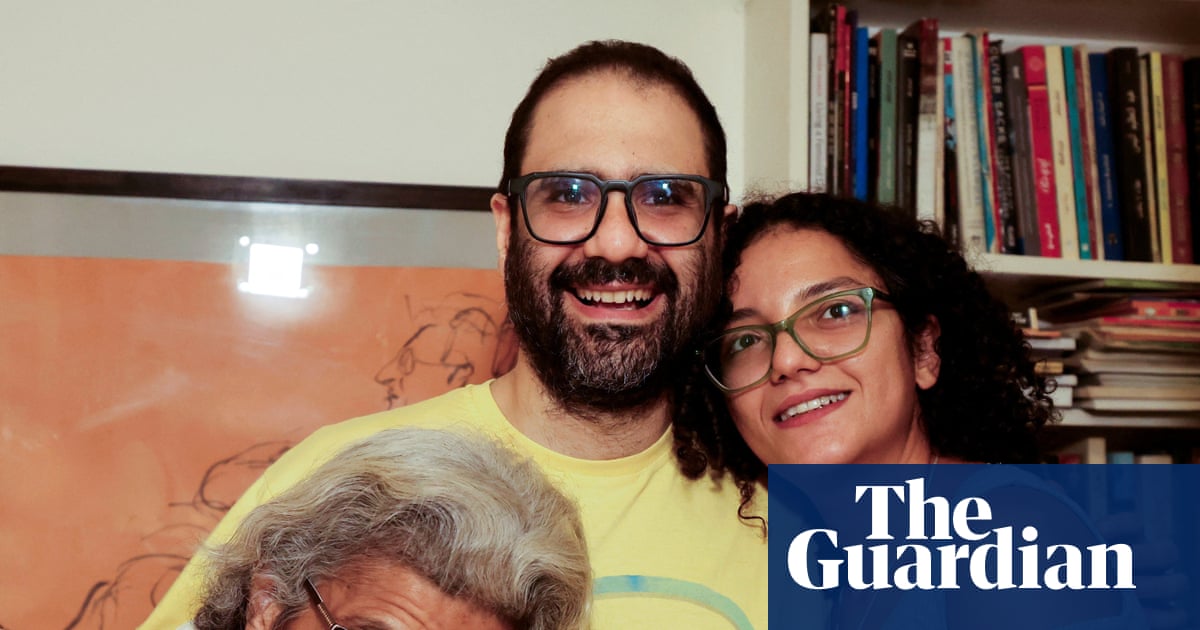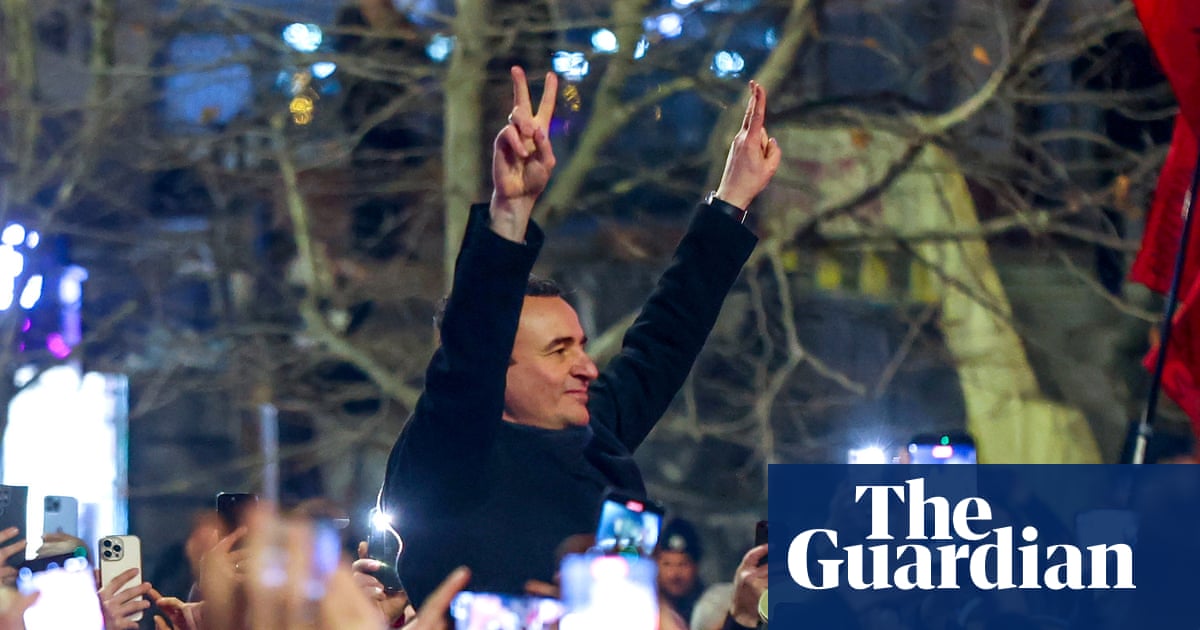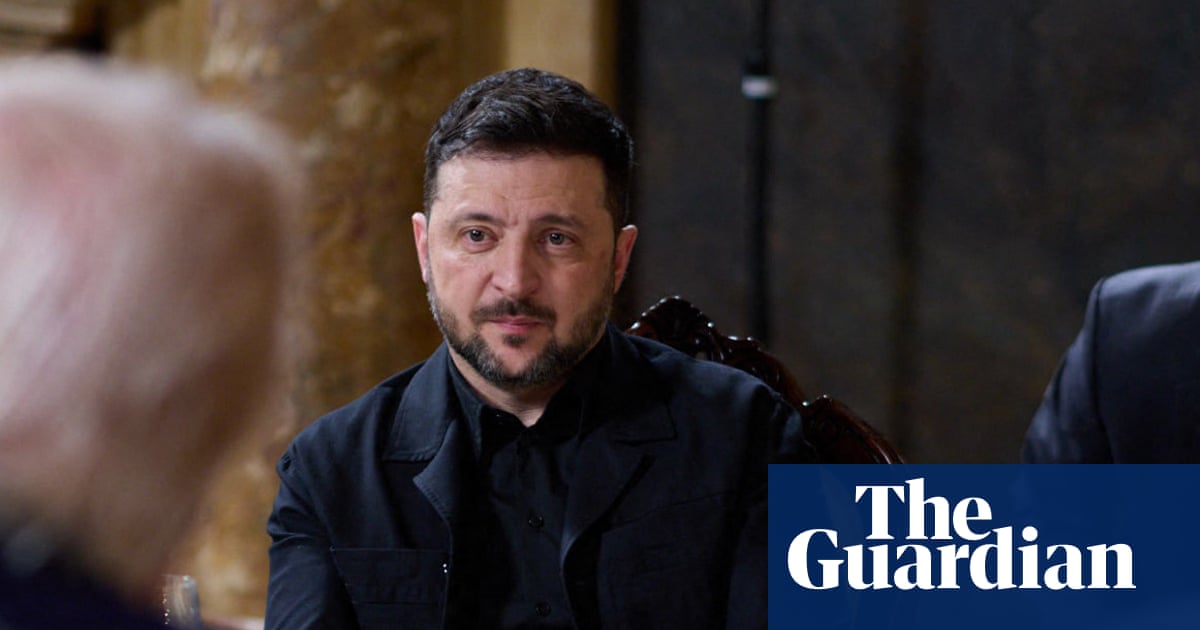Dear reader, are your shelves heaving under the weight of books by dead white folks? Do your eyes glaze over at the mention of foreign fiction? Is your reading diet missing the vibrant flavours of stories from Africa, Asia and Latin America? Restricting your reading to novels from Europe and North America is like going to an all-you-can-eat Mexican buffet and just eating tortillas. Why do that?
I have been getting to know about countries in the global south through literature. Being an intrepid traveller, current events addict and avid reader led me inexorably to read books from around the world. The book that most reeled me in to the ability of literature to open the door to another country was Gabriel García Márquez’s One Hundred Years of Solitude, a dazzling, magic-realist ride through Colombia’s fortunes and misfortunes. Eventually, a cocktail of wonder, wishfulness and wanderlust inspired me to write a book about the joy of seeing the world through books.
It’s easy to stick close to a literary home, but it’s also limiting, maybe illogical. Non-western nations are home to more than 6 billion people – about 85% of the world’s population. Little wonder they are also referred to as the “majority world”.
There’s a whole gamut of storytelling out there that is as colourful as an Indian textile bazaar, as rich as the spices of an Ethiopian stew and as passionate as a tango in Buenos Aires. Tales that encompasses love, loss, joy, revolution and even stretch to exploding mangoes, a ferociously funny Frankenstein and ghosts with strong political views.
There are other ways to get facts. Newspapers are full of them, as are podcasts and documentaries. Travel shows proliferate, take your pick. But even then, there is nothing like the view of the world via a novel. Novels can go beyond merely being set on location. They can describe and landscape, but they can also capture a nation’s spirit and reveal something of its soul, offering a gateway to understanding the world in all its complexity, richness and absurdity. Seeking out authors from different cultural backgrounds, races and genders means reading books that challenge assumptions and broaden horizons as we venture into new worlds and learn about people who live different lives. It’s a cure for cultural myopia.
Nigeria’s civil war in the 1970s? Chimamanda Ngozi Adichie’s Half of a Yellow Sun is unputdownable. Seoul searching? Nobel prize-winner Han Kang, with works such as Human Acts and We Do Not Part, delves deep into South Korea’s psyche. A slice of life from Cuba? Leonardo Padura’s crime-busting Havana cop Mario Conde is on the case. And there’s a lot more where these came from – tales told with vim, vigour and narrative verve by writers such as Ngugi wa Thiong’o, Isabel Allende, Arundhati Roy, Naguib Mahfouz and Abdulrazak Gurnah.
With independence a seminal event for many global south nations in the 20th century, the anti-colonial struggle pulses at the heart of some novels (so loud sometimes that you can almost hear it beating). The Nigerian writer Chinua Achebe, considered the grandfather of modern African literature, said that “until the lions have their own historians, the history of the hunt will always glorify the hunter”. As the literary lions of the global south roar, they not only tell us about their own countries but also about their former colonial masters. Salman Rushdie called it “the empire writes back”.
My world tour spanned about 200 books, but it was never meant to be an exercise in worthiness. These books aren’t heavy-going and humourless, they are page-turning, plot-twisting, keep-you-up-till-late-in-the-night good. And they offer worldview-altering experiences.
Confronting the western canon and freeing yourself from the anglophone autocracy is more about gate-opening than gatekeeping. I found that diversifying reading makes your literary world bigger, richer and more exciting. And reading around the world helps explode the oft-perpetuated myths that Africa is riddled with conflict and famine, that the Middle East is an unremitting war zone, and that Latin America is a heady mix of drug cartels, military coups and carnivals.
The writer and activist Elif Shafak has talked about “the vastness of Storyland, where there are no borders, no hierarchies, no ‘us versus them’”.
after newsletter promotion
Perhaps it’s not a novel idea (excuse the pun) that books can open up the world, change lives and thus, incidentally, change the world. But travel the globe guided by 200 of them and you’ll surely conclude that the power of the pen (or keyboard) is not to be underestimated.
Maybe that reading marathon isn’t for you, but be adventurous. Help yourself to more than tortillas at the Mexican buffet. Expand your bookshelf and your humanity. It can happen all at once.
-
Pushpinder Khaneka is a journalist and the author of Read the World: The Best Books on Africa, Asia and Latin America

 3 months ago
80
3 months ago
80
